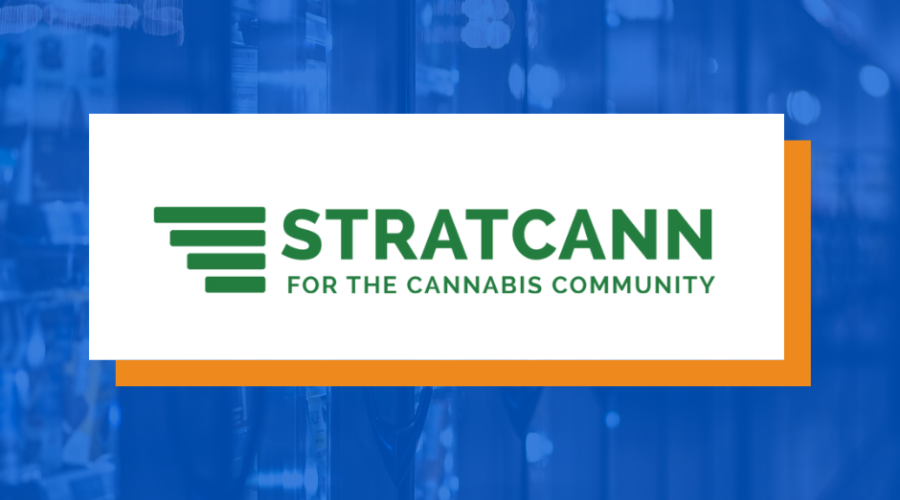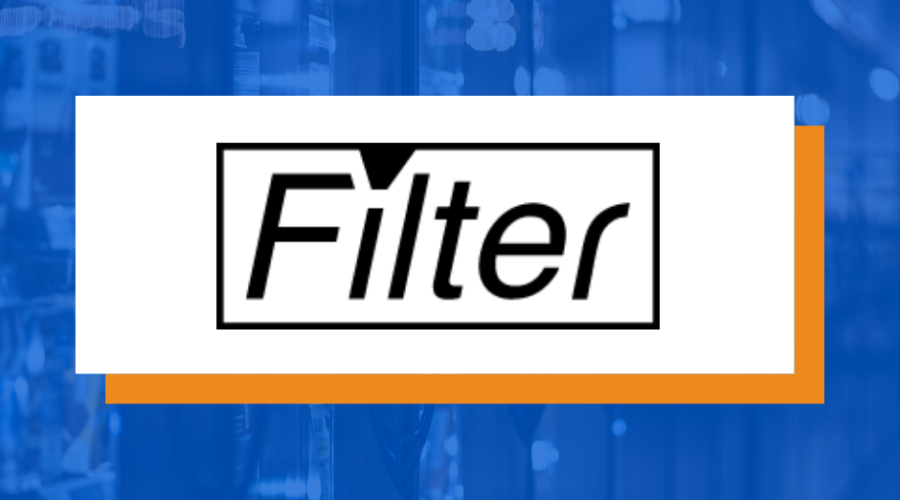Why We Need Acquisitions and Why Khan’s Concerns are Bad for Business
Namesakes of the 90s are seeing better days as Bed Bath & Beyond and David’s Bridal file for bankruptcy, joining the likes of Blockbuster and RadioShack. Each of these big box stores were big business in their heyday, and serve as a reminder that even the best can go bust in a dynamic marketplace.
Incumbent firms are prone to fall victim to the replacement effect, whereas opportunities for innovations are deemphasized so as to maintain the status quo. A great example of this is Kodak’s reluctance to embrace digital photography.
For firms to have staying power, they must be alert to changing market needs and pivot according to changing realities. Sometimes this can be done through the scaling of assets and resources by means of a merger. A current example of this is the proposed Kroger-Albertsons merger, which aims to create a premier omnichannel sales network for not only groceries but also healthcare and pharmaceutical needs. Through the joining of existing retail units, the merger would establish a national footprint for Kroger and enable it to capitalize on the growing trend of retail media marketing as well as compete with industry giants like Walmart and Costco.
Accordingly, one might think the FTC would welcome the merger, given that Walmart has long been lambasted for its behemoth status without a worthy adversary when it comes to sales of groceries. Yet the FTC is reluctant to allow the transaction.
Currently, the FTC is ramping up its review of all things merger and acquisition related, including even past deals – to the dismay of Big Tech firms.
Read the full text here











